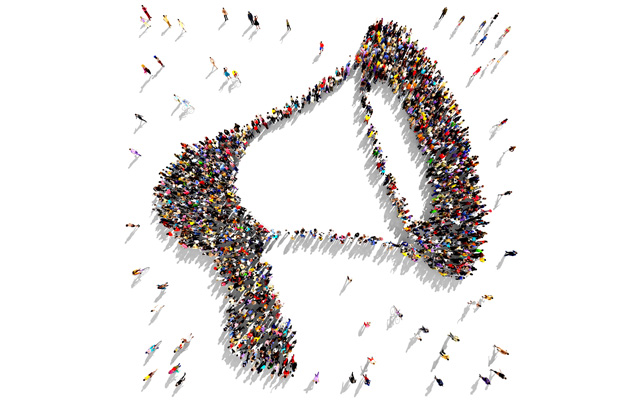Communications innovations and changes in the travel and tourism landscape, particularly travel behaviours and expectations, are shaping the work of marketers in the industry
Travel and tourism is charging forward, and along with it comes a vibrant marketing landscape where communications and activations are intensified to charm every potential buyer.
This marketing landscape is also evolving, shaped by new consumer behaviours, shifts in media consumption patterns, and changing consumer expectations, observed Lina Ang, managing director APAC at Sojern.

However, Ang emphasised that some significant trends – sustainability, authenticity, and accessibility – were already gaining traction in the industry before the pandemic.
She said: “The impact of these trends has been further accelerated by factors such as extreme weather conditions, natural disasters, and the industry’s rapid digitalisation. These developments have driven travellers to seek more authentic and meaningful experiences, along with the adoption of digital and contactless solutions for immersive guest experiences.”
In response, marketers are crafting immersive and experiential initiatives while hotels are embracing guest-facing technology solutions. And as the emphasis on personalised experiences deepens, companies are allowing digital marketing and data-driven decision-making to guide their strategies.
Evolved traveller behaviour and preferences also have an impact on the specialised public relations (PR) discipline within marketing, observed Joleena Seah, managing director – Southeast Asia, GHC Asia.
Seah said PR practitioners in travel and tourism must more than ever ensure authenticity and transparency in their messaging, especially as travellers are more discerning now, aided by easy access to online research and user-generated content; be purpose-driven, where sustainability, environmental and social consciousness are no longer optional but compulsory elements in successful branding; create compelling and relevant content that can be consumed in the way customers want; and leverage employees as brand advocates.
Innovations lead the way
Just as the travel and tourism industry is expected to face unpredictable environmental and economic conditions on its journey to recovery in 2024, Ang said marketers should be prepared for the same and be nimble. She believes that digital marketing can provide flexibility while data-driven, always-on marketing campaigns can achieve short-term success by providing real-time insights into traveller behaviours and enable organisations to connect with travellers at the right time, through the right channels, and with the right message.
Meanwhile, long-term marketing success requires an authentic sustainability strategy. Ang advised: “Striking a balance between increasing visitation and fostering relationships with local businesses, thus gaining (travellers’) support while minimising environmental impact, will be a top priority for travel marketers.”
She also suggested a co-op marketing route, especially those juggling limited resources.
A co-op campaign involving the Department of Culture and Tourism – Abu Dhabi and 37 hotels to drive direct bookings to the hotels and economic impact for the destination resulted in a 1.74x ROI and 700-plus room nights booked from January 2021 to March 2021.
Travel and tourism companies should brace for even more communications innovations ahead.
“AI is at the forefront of this revolution, altering how travellers plan, book, and experience the world. AI enables us to personalise travel experiences in ways previously unimaginable,” said Ang.
Seah advised companies to balance concerns and benefits of applying such features as VR, AR and AI.
Seah added: “Many people react to VR, AR and AI with skepticism. The most common protest is that our industry is powered by people and magic of the human touch. Yes, that’s undeniable. However, brands that harness these technologies to generate new ideas, gain audience insights, and reach customers through voice assistants and chatbots will be in a better position to compete in a brave new world that is fascinated by VR, AR and AI.”
Citing an example of an interesting technology application in destination marketing, Seah said the Singapore Tourism Board has virtual influencer Rozy as part of its SingapoReimagine marketing campaign in South Korea.
Before leaping into new marketing technology, Ang suggests that companies “do their homework” to “gain a comprehensive understanding of their existing customer base and potential audiences”.




















